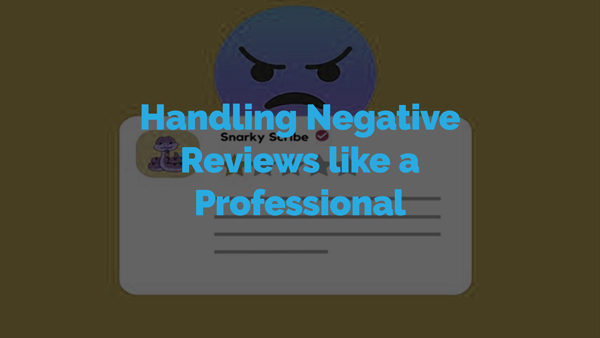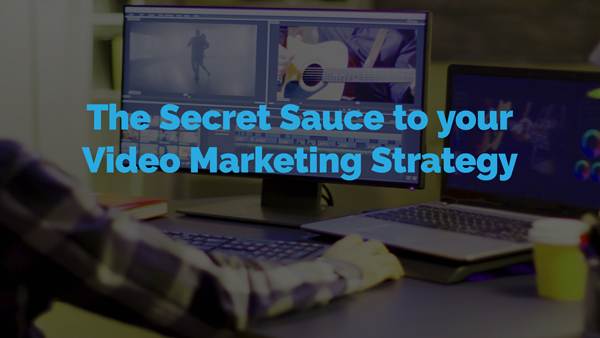
What is a landing page?
A landing page can be thought of as an airport runway for your business. Just as an airport runway guides airplanes to a specific location for landing, a landing page guides visitors to a specific destination on your website.
An airport runway also has a clear direction and markings to guide pilots, and a landing page has a clear call-to-action and design elements to guide visitors.
The purpose of an airport runway is to bring passengers to the terminal, similarly a landing page’s purpose is to bring potential customers to the next step of the process, for example signing up for a newsletter, or making a purchase.
But I already have a home page?
A homepage is the main page of a website and often serves as a general introduction to the company, its products or services and its mission. It typically includes links to other pages within the website, such as a navigation menu. The main goal of a homepage is to provide visitors with a broad overview of the company and its offerings. This is where most people end up when they find you organically through search engines.
A landing page, on the other hand, is a specific page on a website that is designed to target a specific audience and achieve a specific goal.
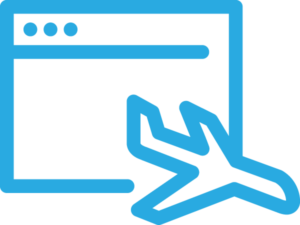
Welcome to Your Website
I’m going to dive right into another analogy that might help make a bit more sense of the whole situation.
Your website is a small island full of different things to do and places to see. And you get a lot of people naturally visiting your island but you want to promote a specific island activity: snorkelling.
So you decide to build a special runway, right near the coast, where anyone who lands has 2 options: go snorkelling or learn more about snorkelling. They know that they’re on your island but everything they get to see is snorkelling-related.
And look! It just so happens that you have a deal on snorkelling at the moment. How lucky!
What Is A Landing Page
In both marketing and web design, a landing page is a separate page created specifically for a purpose. Most of the time this is for advertising but landing pages are also great for any kind of marketing, like email newsletters or social media posts.
Let’s jump back to our website shall we?
Say I’m running an ad campaign for 50% off snorkelling, in order to get more people out on the water. Where should I send them?
The Home Page
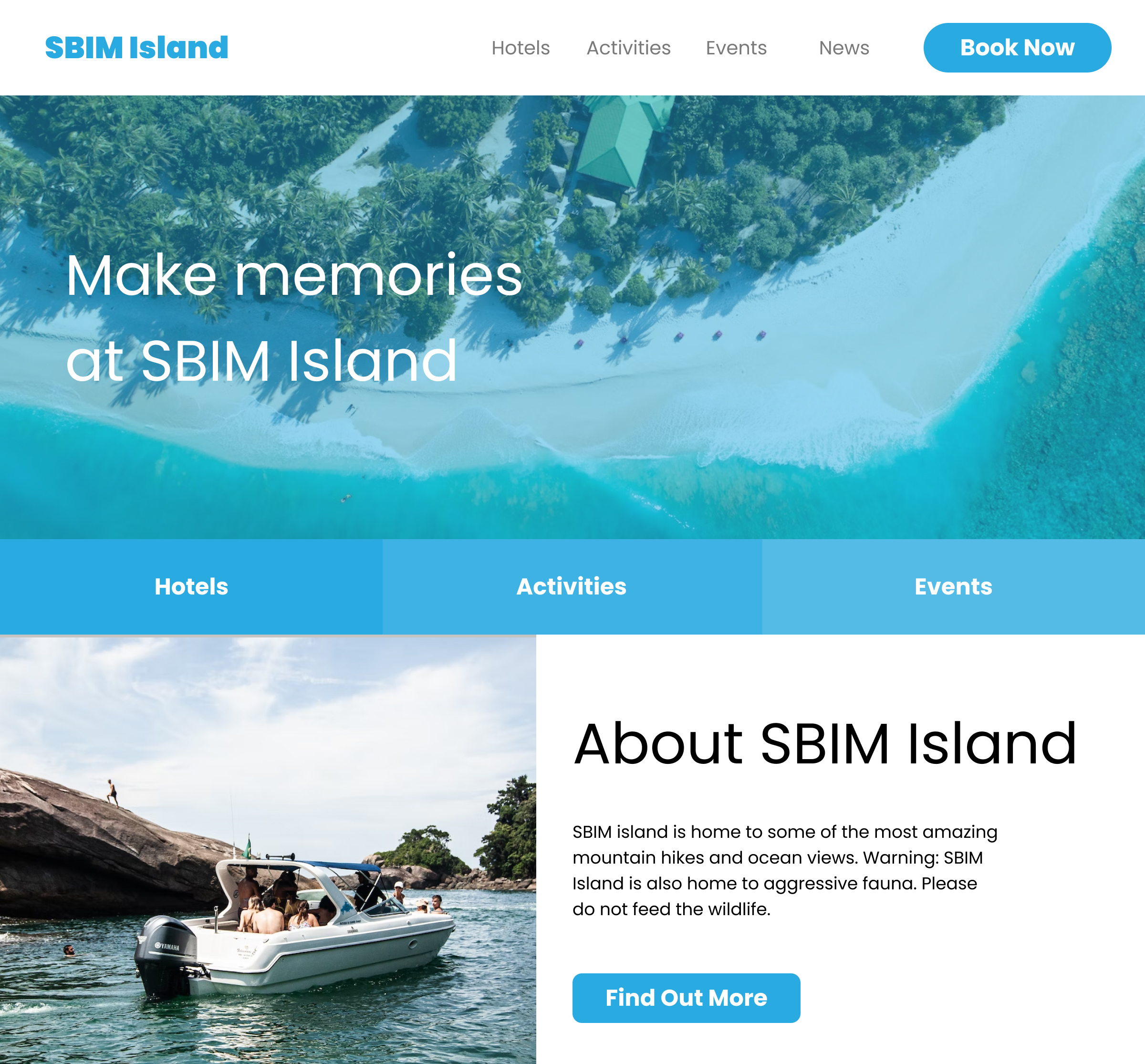
This is the homepage. It includes everything. About the island, links to booking hotels or events or activities. This is great for letting people know a bit more about your island (or your business).
But if I want to promote snorkelling, a lot of users might land on this page and not even know that my island has snorkelling.
The Product/Service Page
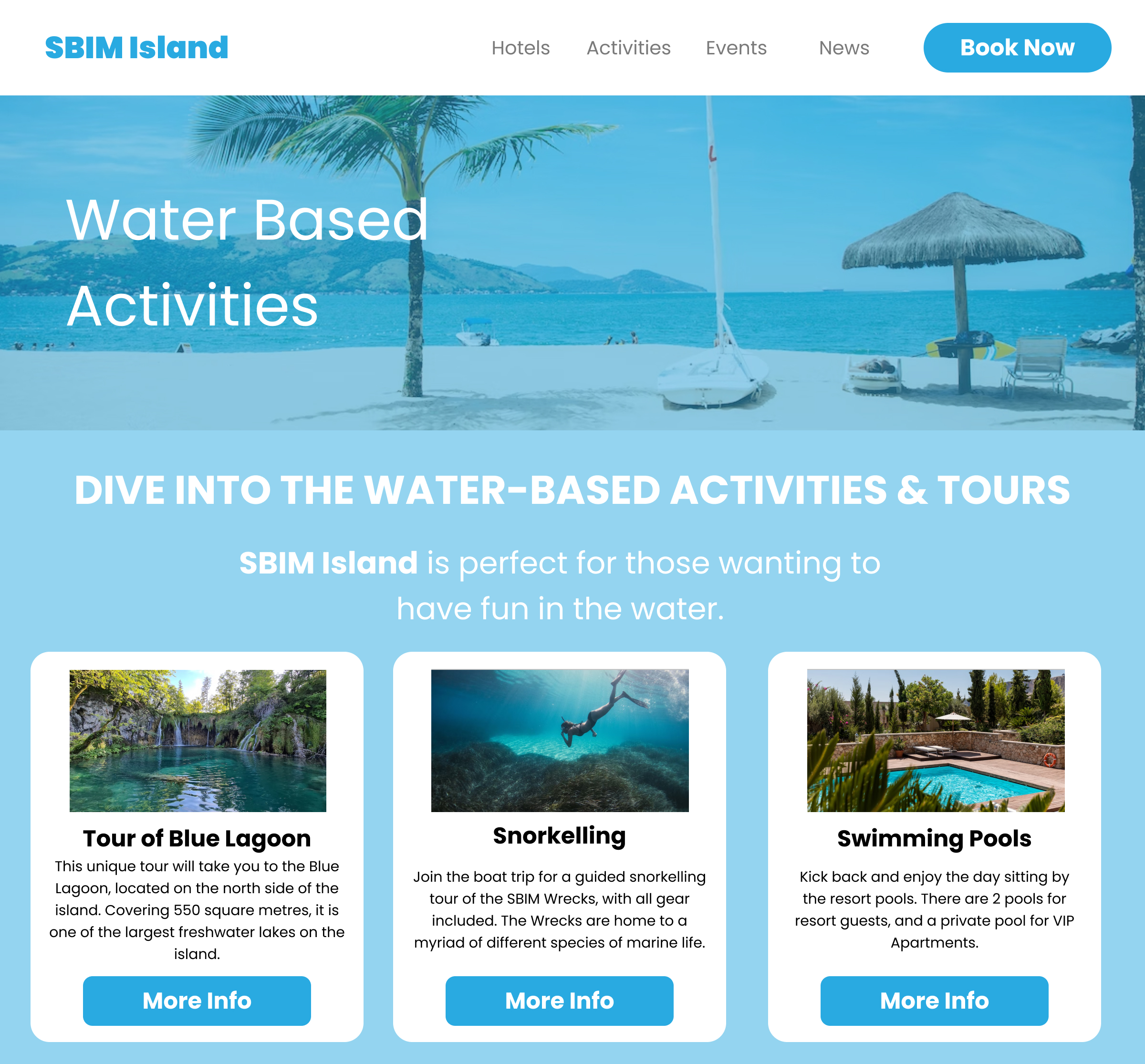
Okay so then you might think let’s send them to a more specific page. This shows the snorkelling but it also includes other links (I’ll get into why this is a bad thing in a moment).
Even if the page was only about snorkelling, there links in the menu might send people away from booking snorkelling and there’s no mention of the promo that I advertised in my ads.
The Landing Page
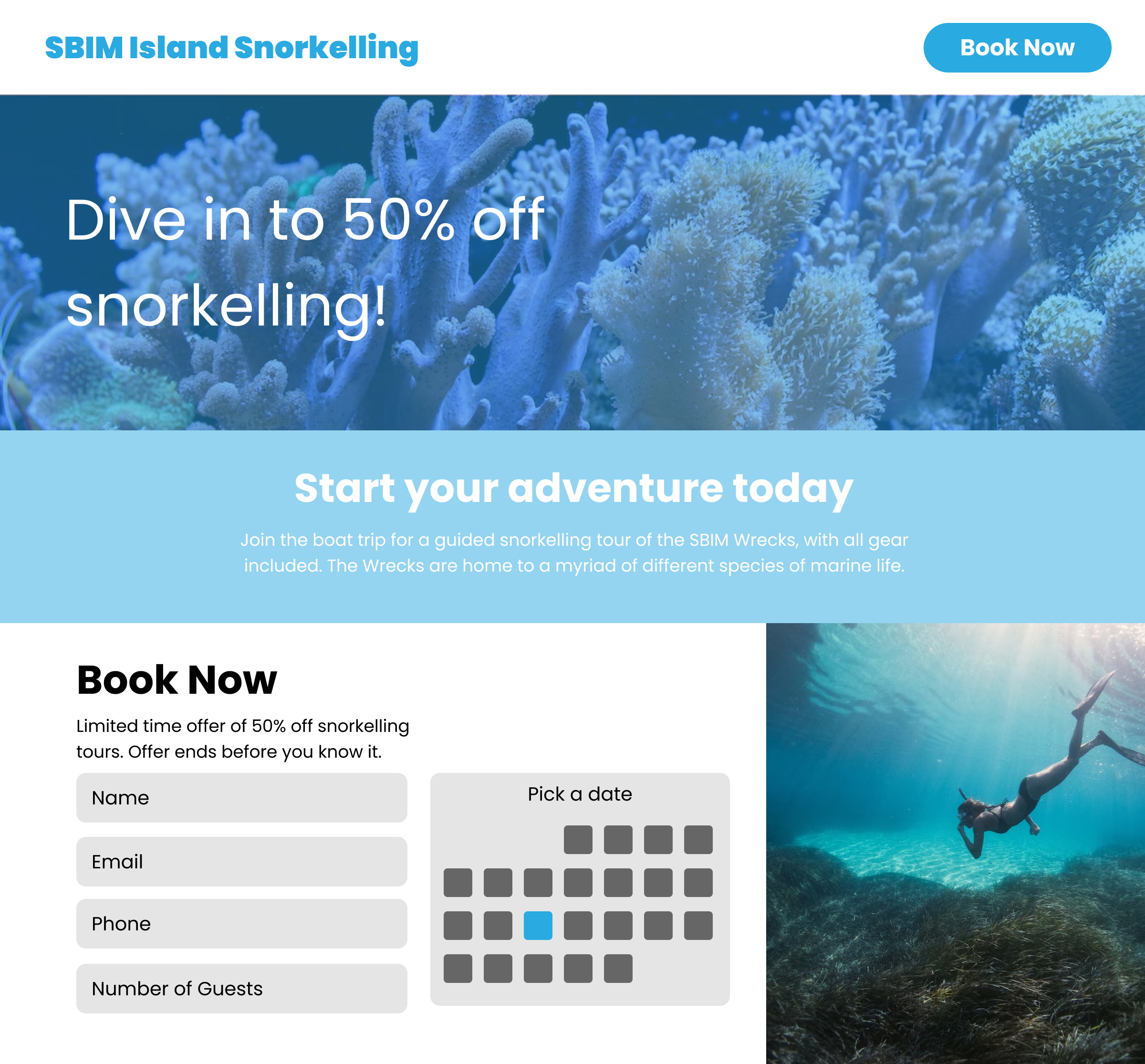
Now, this is where I want to send my audience who sees my snorkelling ads. Whether I’d got the promotion running on a paid medium like Google Search Ads or I’m promoting it myself through emails and Facebook posts, this is where I want people to go.
How does it work?
Focus
Other pages have dozens of potential distractions but a landing page is super focused. There are no links that could potentially split your traffic.
In fact, research from multiple marketing and advertising agencies has found that as a general rule, less links equals more conversions.
Think about what your conversion goal is and remove all other links.
You want people to download your pdf? Your only link should be a button to download the pdf.
You want people to submit to your contact form? Your only link should be the submit button on the contact form.
Consistency
If you’ve just seen an ad promoting 50% off, then you’re going to want to be able to find that when you land on the website.
Similarly, there might be certain images, descriptions or headlines that you’re using that you can specifically use on the landing page to give the audience that consistency they need. You’ve already captured their attention with the ad, and they’ve clicked on your page, so the last thing you want to do is confuse them with different headlines that don’t match.
What Do I Use Landing Pages For?
Paid Traffic
The most obvious and most common use for a landing page is paid traffic.
This includes Google Ads, Facebook Ads, Instagram Ads, LinkedIn Ads, Bing Ads… really any kind of digital advertising.
Using Google Ads as an example, you’re able to craft the headlines and descriptions you want which allows you to maintain that consistency of content from the ads to the landing page.

Paid traffic lets you be able to specifically target people that you know are going to be interested in your promotion. For example in Google Ads, you might want to target Sports Fans > Water Sport Enthusiasts. Or you might be targeting people based on interest in Travel. Similarly, on Facebook Ads you might want to target Frequent travellers.
Email Campaigns
Email is sometimes called the most effective marketing channel. It’s effective because once you’ve created an email list, you can have an enormous reach and relatively low costs compared to other platforms.
Landing pages aren’t just great for promoting deals to your email list but they can be tailored for nurturing your clients. You can create emails and landing pages that help the client feel more looked after and really boost that existing relationship.
Anything You Can Think Of
Landing pages is really just very focused website pages that you want to use to achieve a specific goal.
Some companies use business cards that have QR codes on them. Each of these QR codes will lead to a different landing page based on the person’s card and this can not only help the company keep track of how effective your team is, but when the client scans Joey’s business card and is taken to a landing page that has a picture of Joey, they immediately remember their experience working with him.
It isn’t just for lead generation or helping your sales team either. You can use landing pages for hiring, events or contest submissions. The bottom line is, if you have a specific goal, then you should be using a landing page.
Need a landing page?
At SBIM we’ve created hundreds of websites and are experts when it comes to webpage design. Not only that, but we’ve run digital advertising campaigns for clients and know what it takes to have a successful landing page that is built with conversion rate optimisation in mind.
So if you’re thinking about getting a landing page for your next campaign or would like some help with your ideas, then reach out to us. We’re here to help.


